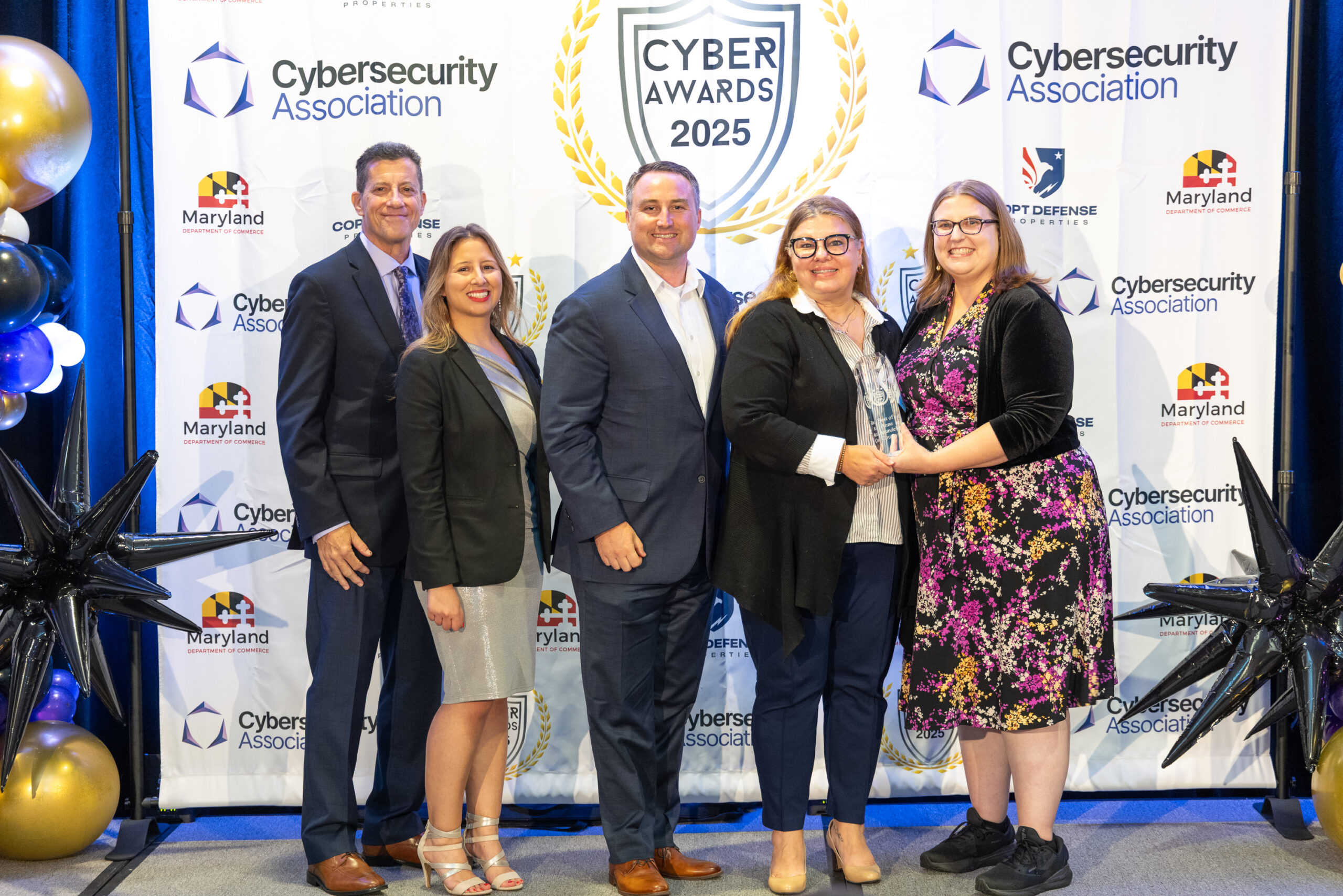How to Avoid Scams After Natural Disasters
 In the wake of natural disasters, communities rally together to support those affected. Unfortunately, scammers often seize these moments to prey on both victims and generous donors. Being informed can help you avoid falling victim to these schemes and ensure your contributions make a real difference.
In the wake of natural disasters, communities rally together to support those affected. Unfortunately, scammers often seize these moments to prey on both victims and generous donors. Being informed can help you avoid falling victim to these schemes and ensure your contributions make a real difference.
Common Scams to Watch Out For:
- Fake Charities: Fraudsters may set up fake charitable organizations, posing as legitimate entities to solicit donations. They often use names similar to well-known charities to appear credible. MarketWatch
- Fake GoFundMe Campaigns: Crowdfunding platforms like GoFundMe are often used to support those in need. While many fundraisers are legitimate, scammers can create fake campaigns to exploit donors’ goodwill. According to CNN, fraudsters have been known to set up campaigns claiming to help victims, but the funds never reach those in need. To protect yourself, GoFundMe advises donors to verify fundraisers before giving. Look for detailed descriptions, updates, and transparency about how the money will be used (GoFundMe Support).
- Impersonation of Officials: Scammers might pretend to be representatives from insurance companies or government agencies like FEMA, asking for personal information or fees to “process claims” or “speed up assistance.” AP News
- Contractor Fraud: Unscrupulous individuals may offer quick repair services, demanding upfront payments and then delivering substandard work or disappearing altogether. MarketWatch
Tips to Protect Yourself:
- Verify The Charity Before Donating: Before contributing to any charity, confirm its legitimacy. Use online resources like the Better Business Bureau’s Wise Giving Alliance or Charity Navigator to research organizations.
- Be Cautious with Crowdfunding: If you’re donating through GoFundMe or similar platforms, verify the campaign. Look for clear and specific details from the organizer, frequent updates, and evidence of legitimacy including signs of direct family and friends making donations. Don’t hesitate to contact the organizer directly or reach out to GoFundMe if something feels off.
- Be Cautious with Personal Information: Legitimate agencies will not ask for sensitive information over unsolicited calls or emails. Always contact organizations directly using official contact details to verify any requests.
- Research Contractors Thoroughly: Before hiring for repairs, check credentials, read reviews, and get multiple estimates. Avoid paying the full amount upfront.
For more details on how to avoid these scams, check out the full article from MSN: Scammers Want to Cash in on Wildfire Relief—Here’s How to Avoid Them.
By staying vigilant, you can protect yourself while ensuring your contributions go to those who truly need them.






